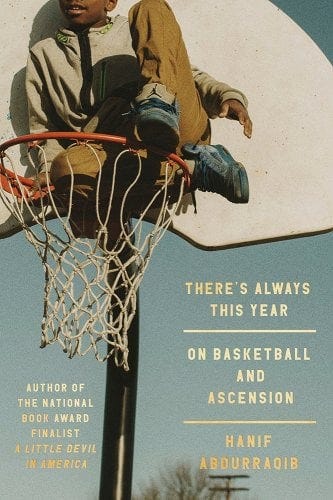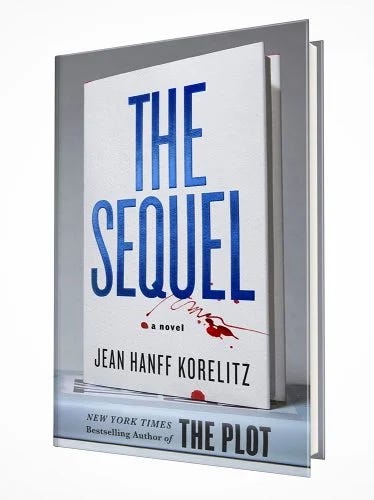The Maris Review, vol 30
How can publishers possibly protect authors, librarians, booksellers, and teachers from hate, from vilification, from criminalization, while simultaneously publishing the architects of such plans?
What I read this week


There's Always This Year: On Basketball and Ascension by Hanif Abdurraqib
It was a good week for reading prose that made me (sorta/kinda) forget the rest of the world. Hanif Abdurraqib can write about anything and make it sound like the most beautiful and profound subject ever, and his memoir centered around basketball is no differen…
Keep reading with a 7-day free trial
Subscribe to The Maris Review by Maris Kreizman to keep reading this post and get 7 days of free access to the full post archives.



